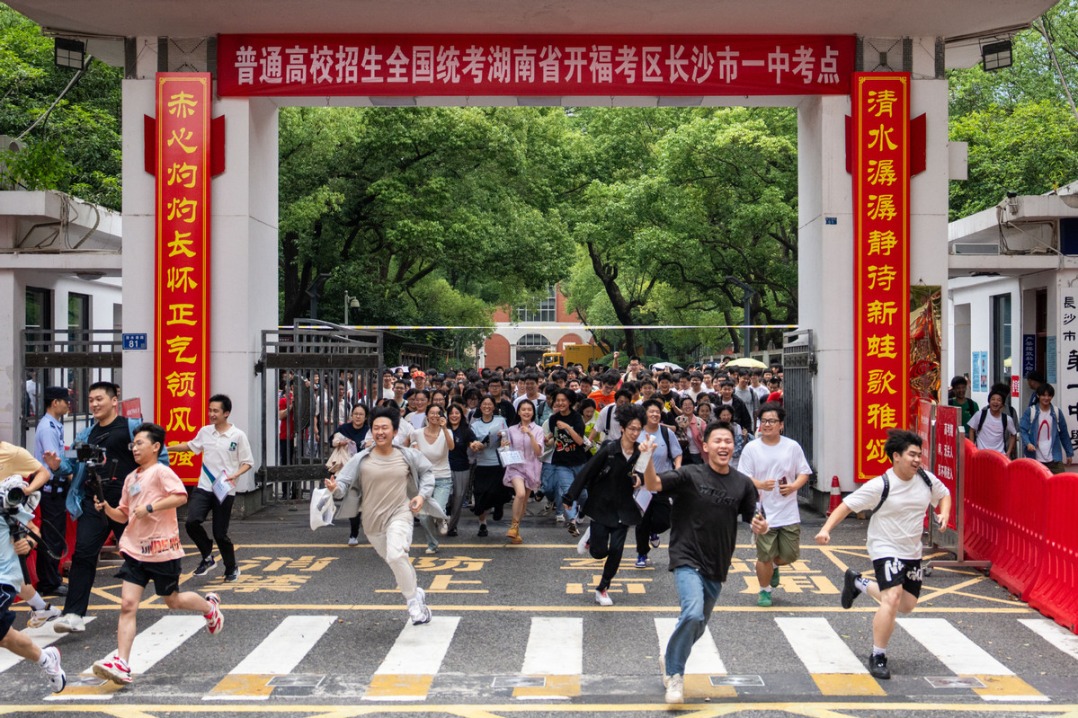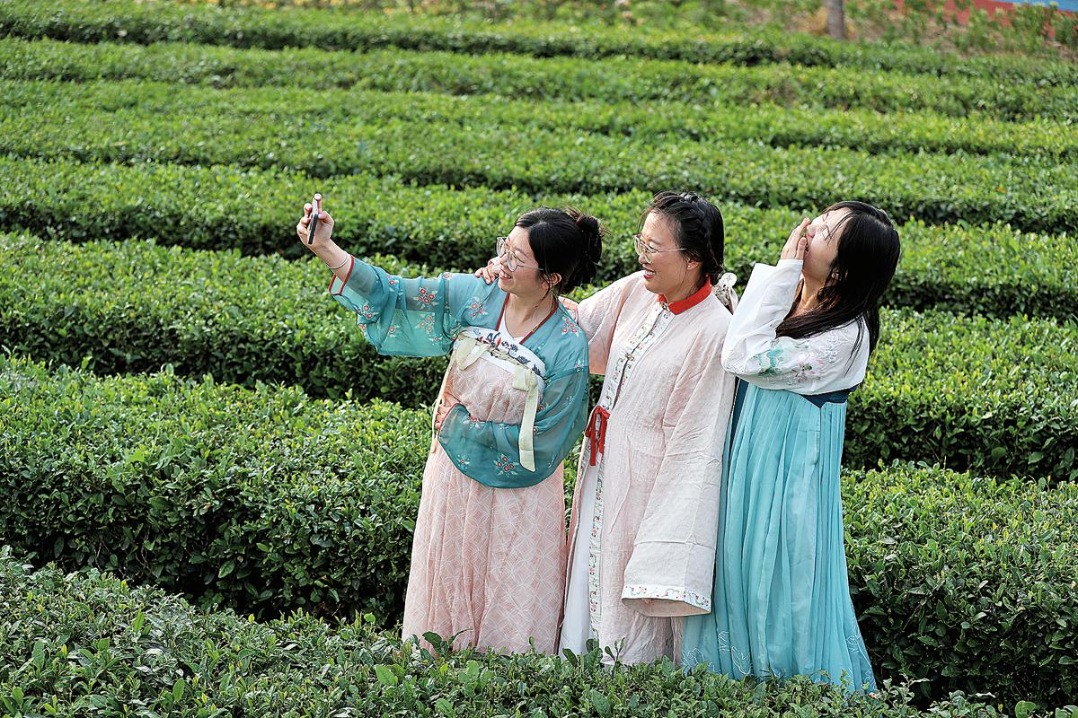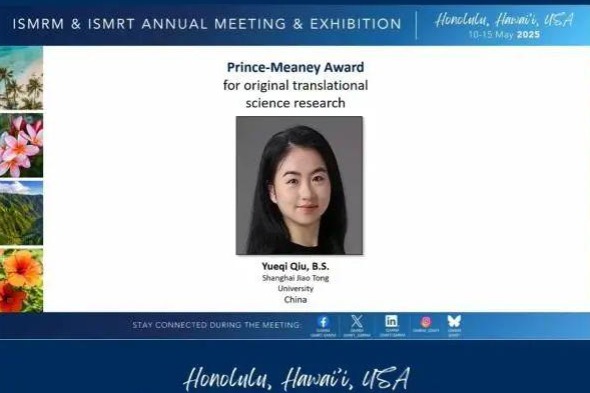Cell therapy gives hope to children with lupus

Doctors in Hangzhou, Zhejiang province, have successfully completed the world's largest clinical study of involving the use of CAR-T cell therapy to treat children with systemic lupus erythematosus.
The study saw 20 children with the autoimmune disease treated with the novel therapy, paving the way for its wider application.
Mao Jianhua, vice-president of the Children's Hospital affiliated with Zhejiang University's School of Medicine and head of the hospital's nephrology-urology center, said during an interview recently that the symptoms of all 20 patients had eased after treatment, and they'd discontinued the use of steroids and other immunosuppressants regularly prescribed for the disease.
"This is so far the world's largest cohort study in this field, and the results have boosted our confidence in using CAR-T to treat other autoimmune diseases," he said.
Lupus is a potentially fatal autoimmune disease that can cause widespread inflammation and tissue damage in any part of the body, commonly the liver, kidneys, skin and joints. Child patients tend to exhibit even more complicated conditions compared to adults.
The first patient involved in the study was a 12-year-old girl who was diagnosed with lupus three years ago and put on regular medicines that broadly suppress the immune system. But in early February, she was found to have extremely high levels of urinary protein that could result in kidney failure.
Given that common interventions had not worked, the young patient was advised to enroll in a clinical program focusing on delivering CAR-T therapy for lupus patients, which had been running since the beginning of this year.
According to Mao, CAR-T therapy works by extracting T-cells from a patient's blood and genetically modifying them so that they can identify and attack targeted, diseased cells after being re-injected into the body. The therapy was first used to treat blood cancers, and researchers have been experimenting with it in other fields.
The girl was enrolled in the program on Feb 8, and by March 12 altered cells had been infused into her body. About two weeks later, the girl saw her urinary protein readings markedly decreasing, and no new rashes or oral ulcers had appeared.
He Xue, chief physician at the center, said on Tuesday that the girl now has nearly no symptoms of the disease. Her rashes and the high levels of protein in her urine have subsided, and she returned to school in September.
The 20 patients comprise 16 girls and four boys age 6 to 19, with their duration of illness ranging from four months to 11 years. Some of them have traveled from as far away as the Ningxia Hui and Xinjiang Uygur autonomous regions to seek treatment at the hospital.
According to He, the first five patients have seen great improvements, including reductions in urinary protein and blood creatinine, and the disappearance of severe rashes.
"The remaining 15 cases require longer follow-up observations, but so far, they all have shown signs of improvement across all indicators," she said.
Mao added that no patients have shown any signs of allergic reactions. While three of them presented with mild to moderate neurological symptoms, they recovered soon following targeted treatment.
Thanks to the technology, a 16-year-old lupus patient who has had to abide by a strict diet since being diagnosed four years ago said she can finally enjoy a sumptuous meal.
"Regular medicines taste very bitter and are hard to swallow, and my biggest wish was to stop taking drugs," she said.
A 15-year-old boy involved in the study said that his rashes had subsided about two weeks after cell injections.
"I got nauseous and sick each time I took medicines," he said. "I have been eating bland, strictly-selected food items for nearly four years, and one of my biggest wishes is to indulge myself on delicacies."
Mao said: "Lupus has not only brought physical suffering to these children, but also confined them to various problems, such as long-term medication use, frequent follow-up visits and dietary restrictions. The treatment has instilled in them a longing for better lives as they now physically feel better and have a better appetite."
Mao and his team plan to initiate another study this month aimed at collecting T-cells from healthy donors, modifying and amplifying them to produce ready-to-use cell therapy. This approach is expected to enable lupus patients whose T-cells do not qualify for modification to access the advanced treatment.
He added that starting in July, his team began recruiting patients with two other autoimmune diseases — anti-neutrophil cytoplasmic antibody-associated vasculitides, and multi-drug resistant and steroid-resistant nephrotic syndrome.
"Our goal is to apply the technology to not only lupus, but also to other severe diseases so that more patients can see hope," he said.
Chen Ye in Hangzhou contributed to this story.
- Beijing hosts endoscopy workshop for 6 BRI nations
- Finals for Xiong'an New Area's second annual tech competition opens
- Two dead, five injured in Fujian residential building explosion
- China's national college entrance exam ends in some regions
- China takes multiple measures to support college graduates' employment
- China's direct medical expense settlement scheme benefits more people






































